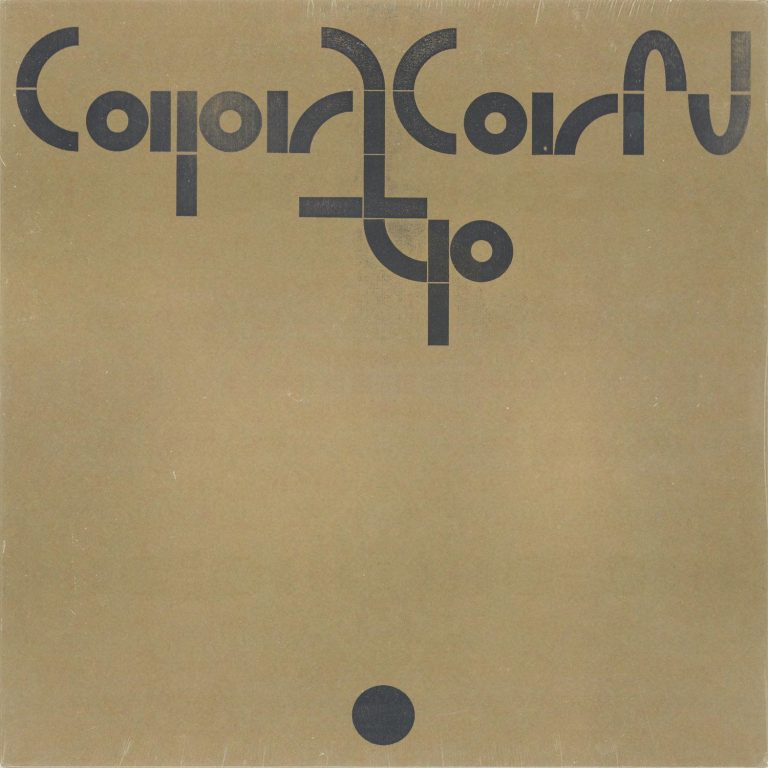Immediately upon pressing play, it’s clear that Capricorn is not your average album from a well-known singer-songwriter. Trevor Powers used to release dreamy, hazy, ornate pop as Youth Lagoon, but since abandoning the moniker a few years ago he has begun delving into the more angular, harsh, electronic side of things. His debut full-length under his birth name, 2018’s Mulberry Violence, still gave us lyrics and melodies, but they were often shot through jagged electronic sounds, synths and beats jutting out, coruscating around Powers’ words like a dark cocoon.
That vibe deepens on Powers’ second album, Capricorn, shedding itself of almost any recognizably human element. Mulberry Violence, for all its bleakness, still had a very human beating heart, but Capricorn throws it out the window, focusing instead on the heart of nature. Powers says he was heavily inspired by the sounds nature made on its own, the “voice” that all things have. He says he wanted to make something paying homage to those voices, showcasing what beauty, peace, and also horror the world around us can bring, and so he set out to craft an album mostly out of samples and field recordings of those very voices.
That intent is evident in every moment of this witchy, vespertine album. “First Rain” slides in on peaceful tones, almost like synthetic woodwinds, alongside a pinging keyboard riff. Then, it suddenly all cuts off, into a wind bluster and a clanging bell straight out of a Bergman film. This patchwork, found-sound quality covers the album, veering from mood to mood, sound to sound, crafting a carefully layered yet unpredictable bed of sounds.
“Earth to Earth” starts off with a rush of white noise before giving way to a sinister bass and an oddly hopeful-sounding synth horn loop. “The Riverine” sounds almost renaissance-inspired, with an unidentifiable lead instrument – is it a synthetic lute? a harpsichord? – bringing us forward to its woodwind-and-bass infused ending. “Blue Savior”, one of the calmest tracks here, gives us some real piano commingling with sounds of rain and air, with some 80s sci-fi style synth bursts. The juxtaposition of sounds and the sometimes-jarring shifts from one phase to another create a real sense of place, as if Powers has nestled into his very own biome.
The album ends on a mournful, eerie note, with the cinematic “Pest”, which rides on brooding strings and high-pitched squeals, before “2166” shoots its core piano phrases through a staticky, lo-fi lens, paired with some heavy breathing and distorted vocal samples, to bring us to a close.
Powers is known for his voice, a high and emotive instrument, capable of communicating great joy and pain. Even on Mulberry Violence, the pathos in his singer-songwriter muscle shone through, but on Capricorn, when the voice does show up, it’s barely recognizable, and there’s not a discernible word to be found. Instead, he has given us a document – not even a half hour in length – of his time trying to process the world around us, to collect the power it contains and channel it into a sonic quilt of sorts. And at that, he certainly succeeds, giving us a small world of his own creation to get lost in, get frightened by, but also soothed by, all in equal measure.

